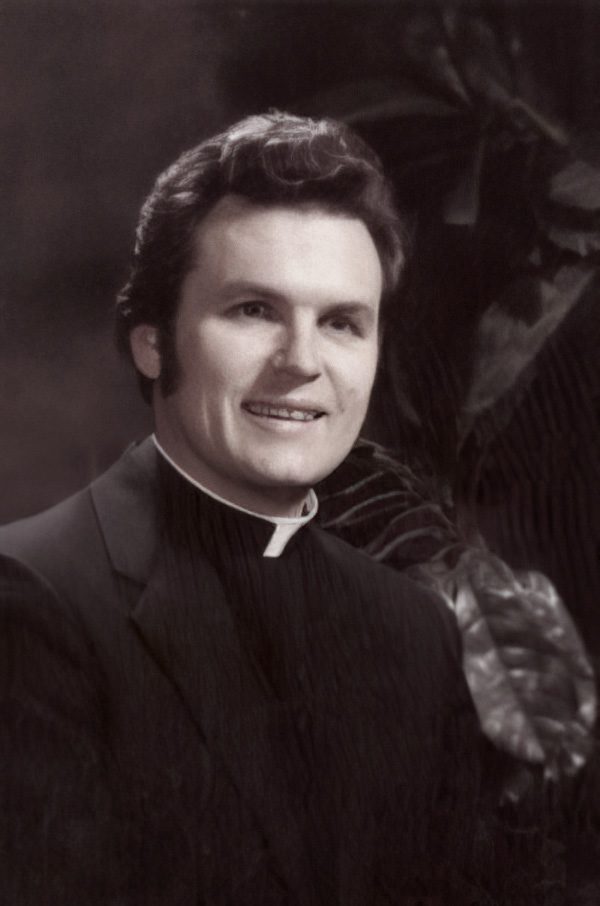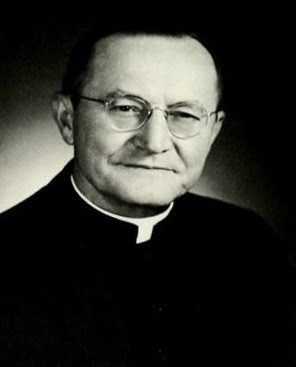Why Do We Need a Pastoral Center for Czech Catholics?
The changing circumstances of people who have to move out of their home countries to find safe and adequate provisions for themselves and their families make ministry to Czech immigrants and refugees a necessity, not a luxury. Responding to the request of Bishop Morkovsky of Houston in the late 1970s, Msgr. Lekavy and Bishop Skarvada asked Fr. Peter Esterka, then a professor of moral theology and ecumenism at the College of Saint Catherine in Saint Paul, Minnesota, to lay the foundations for the kind of ministry they saw was needed in the United States and Canada. At that time, the Communist Party was in full control in Czechoslovakia. Collegium Nepomucenum, the Czech Seminary in Rome, was in danger of being closed. It was saved in part by the funds raised by the St Adalbert Foundation, the precursor to NAPCCC.
Ministry to Czech Emigrants
Before and after the fall of Communism, many Catholics were educated in Marxist schools and uneducated in their faith came to the free world the United States, Canada, Australia, and Western Europe. Czech-speaking priests had to be brought to these communities, and missions were set up to help them become established in a new culture without sacrificing their faith, rooted as it was in the language and practices of their home culture. To do this, the North American Pastoral Center was set up as an umbrella structure coordinating the programs of the various funds and ministries that were now required.


Image available on the Internet and included in accordance with Title 17 U.S.C. Section 107.
If not we, then who?
Just as the bishops of the home country are responsible for sending priests to serve the communities of emigrants wherever they are re-located, so the more established Czech, Moravian, and Slovak immigrants owe it to the newcomers to help them and their ministers in addition to advancing the renewal and re-establishment of the church in the homeland. The Czech Church, including its most beautiful buildings, was devastated by the 40 years of communist rule. Educating staff, re-building quarters, re-furnishing offices and sanctuaries had to be done within a few decades, or the faithful would be lost to atheism or to the sects that moved in after communism fell. To inspire people to help, especially to be generous to the churches and dioceses where they were born or raised, became a large part of the ministry of the Pastoral Center for Czech Catholics.
Acknowledged by the Holy Father
In 1999, John Paul II signaled his love for this ministry by naming the new bishop with a worldwide mandate.
Making a difference
Grants and loans to were made to Czech groups in California, Chicago, Rome, Toronto, Czech Republic, and many events for priests, children, and adults.